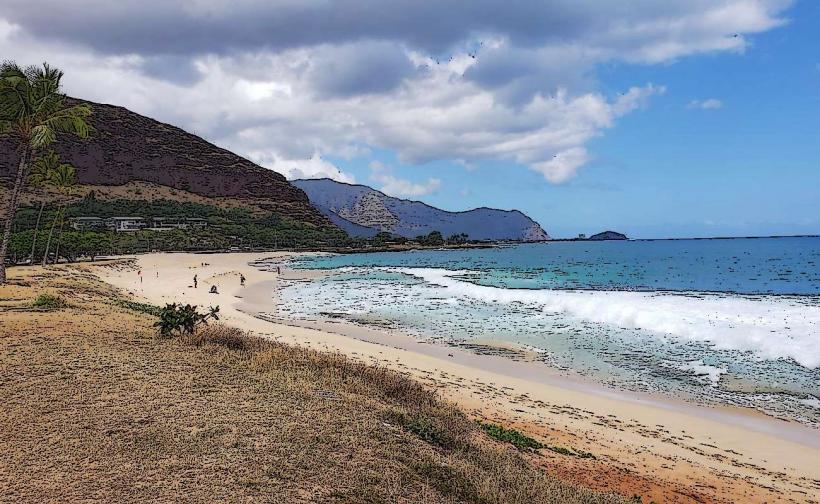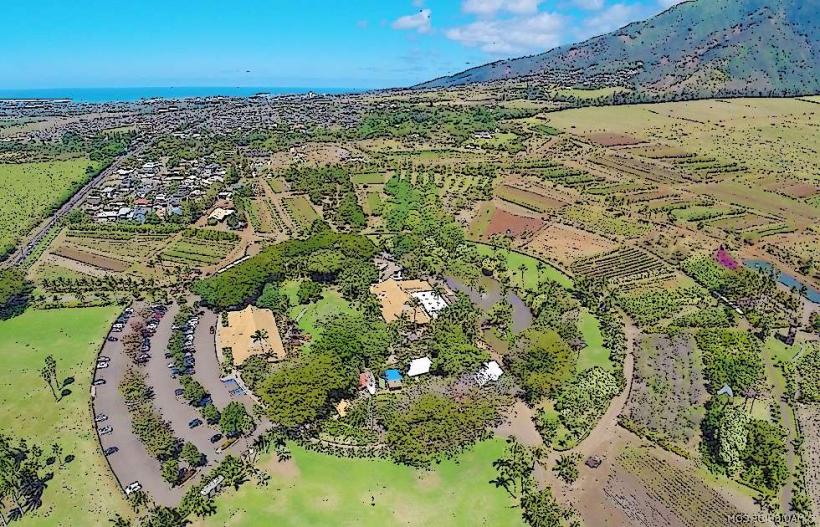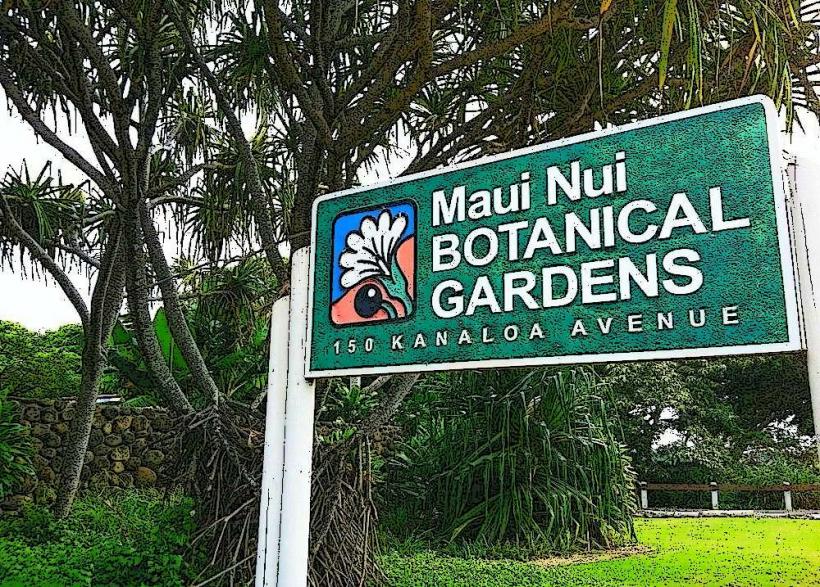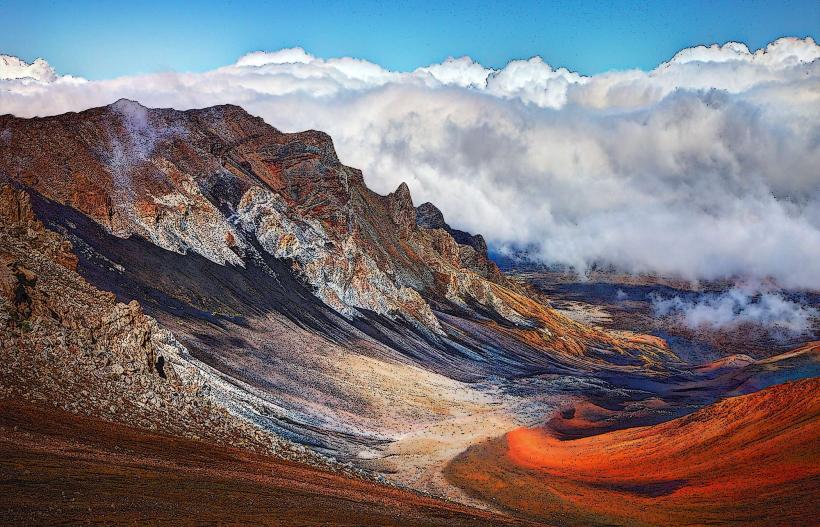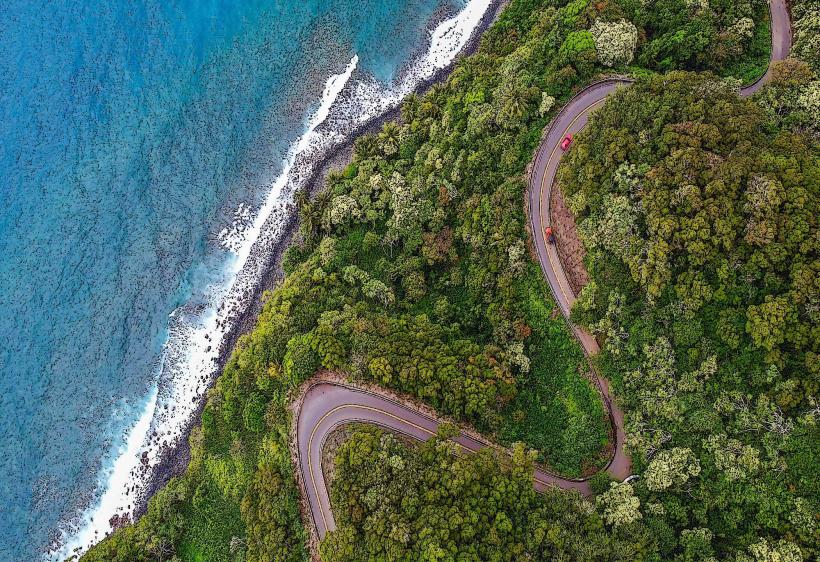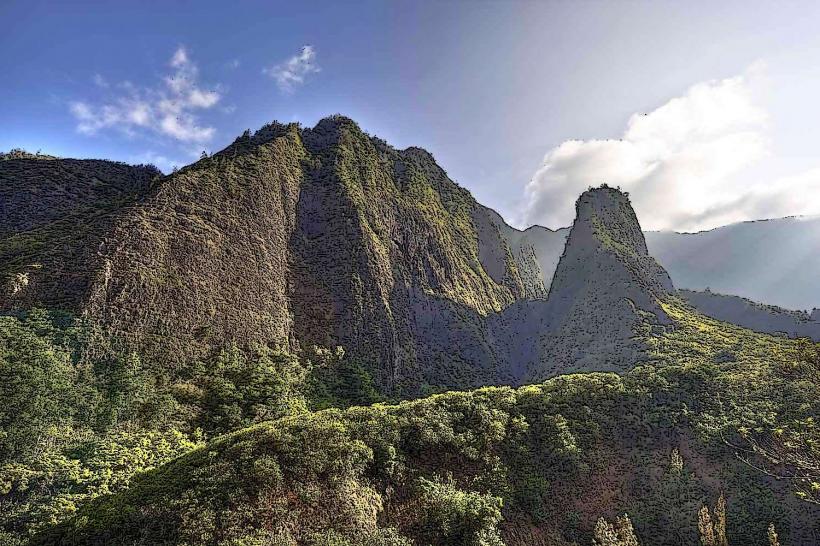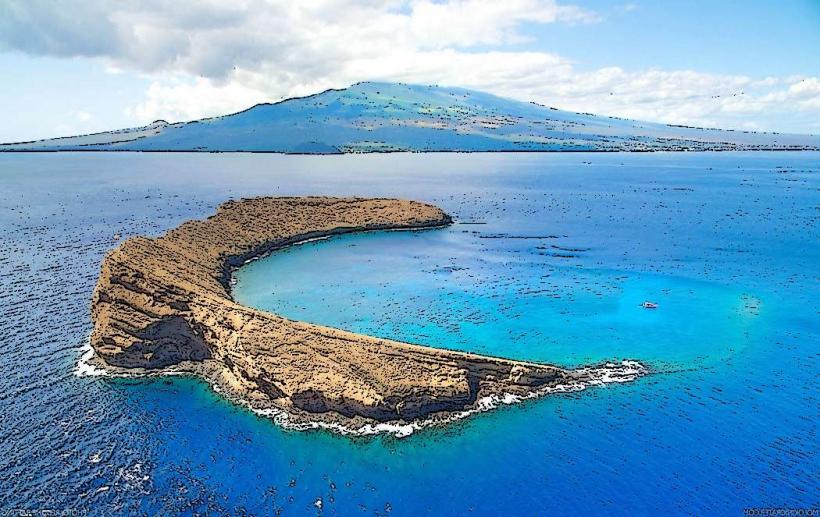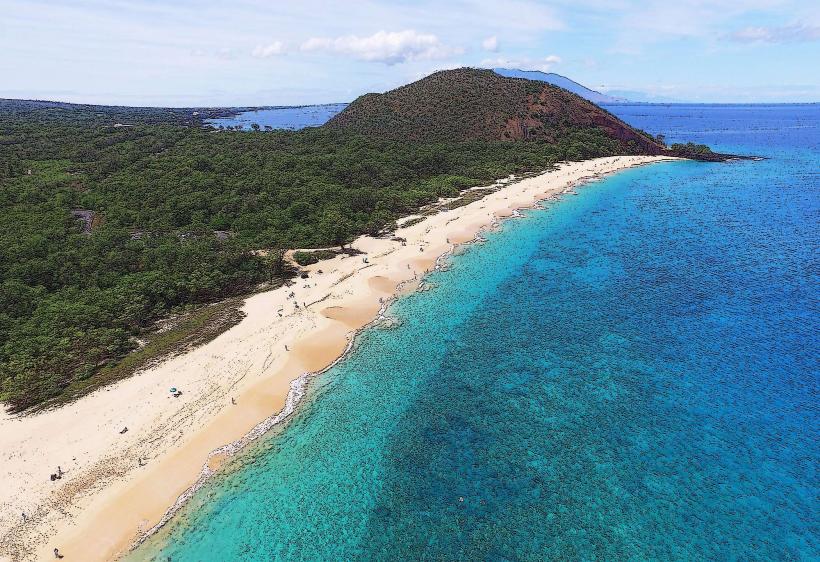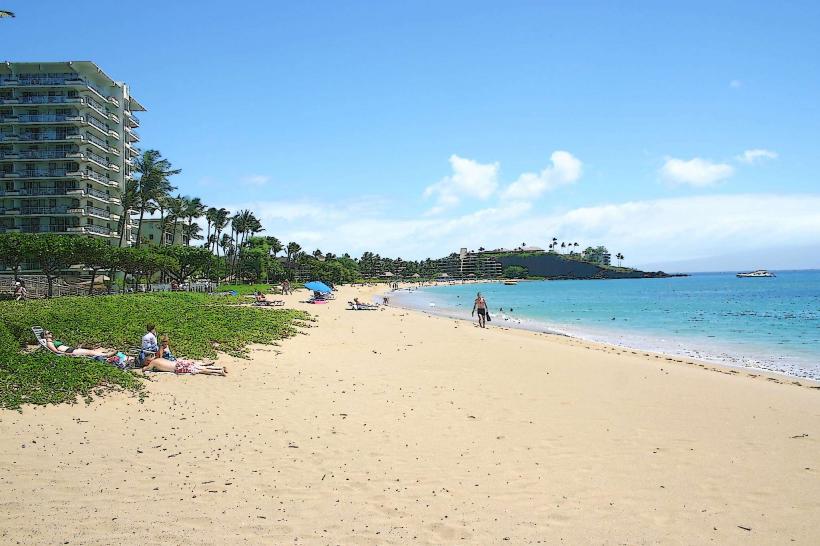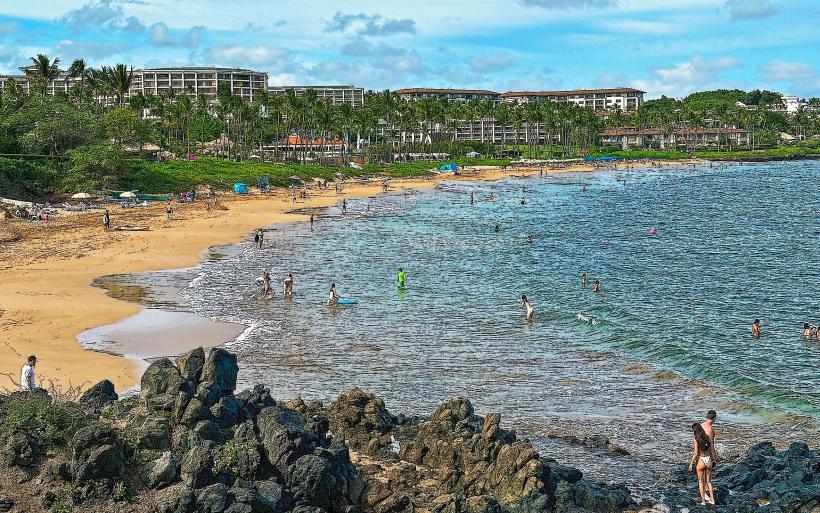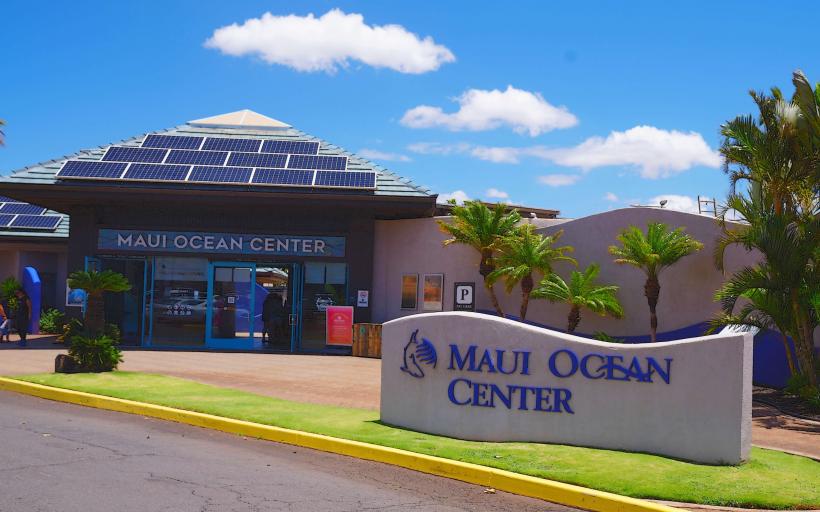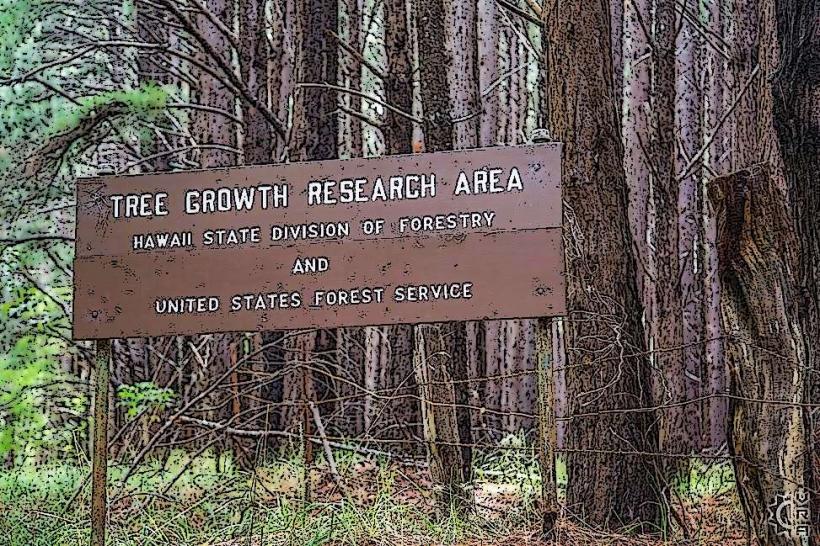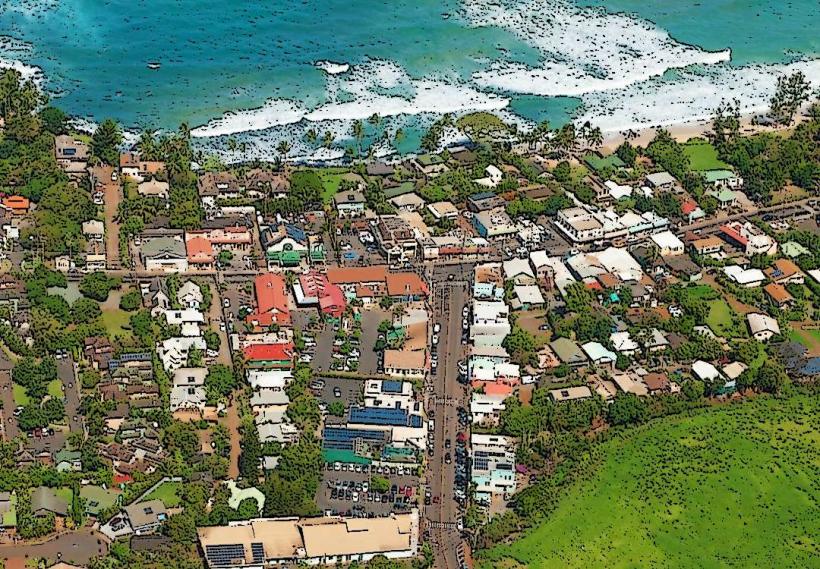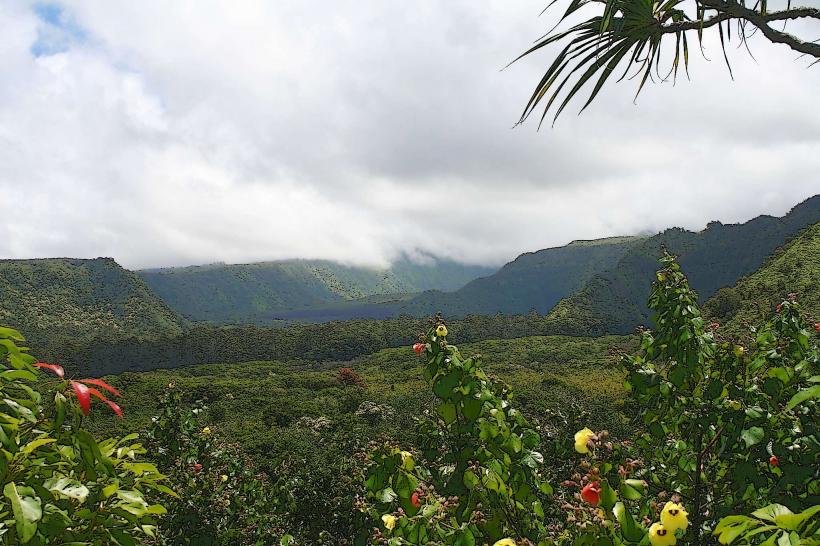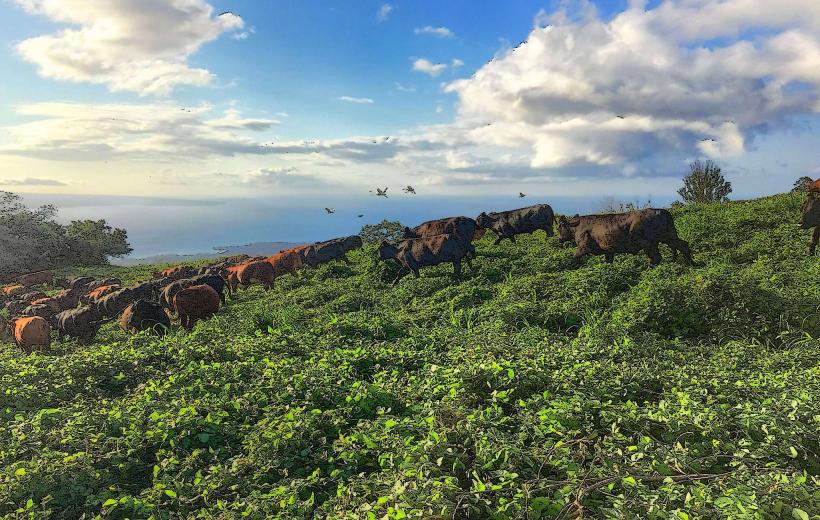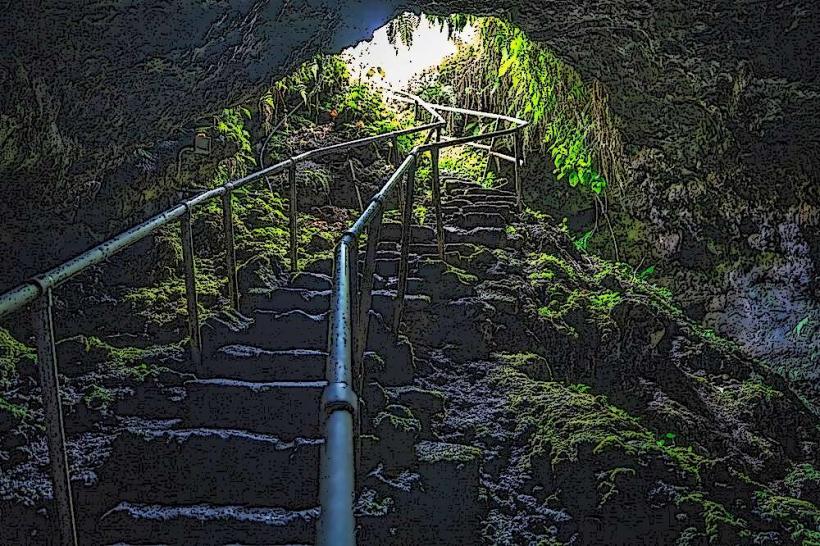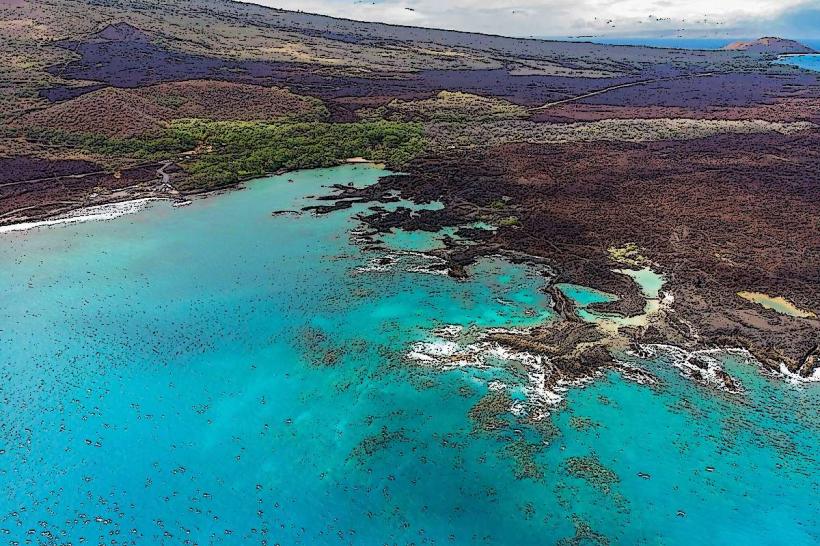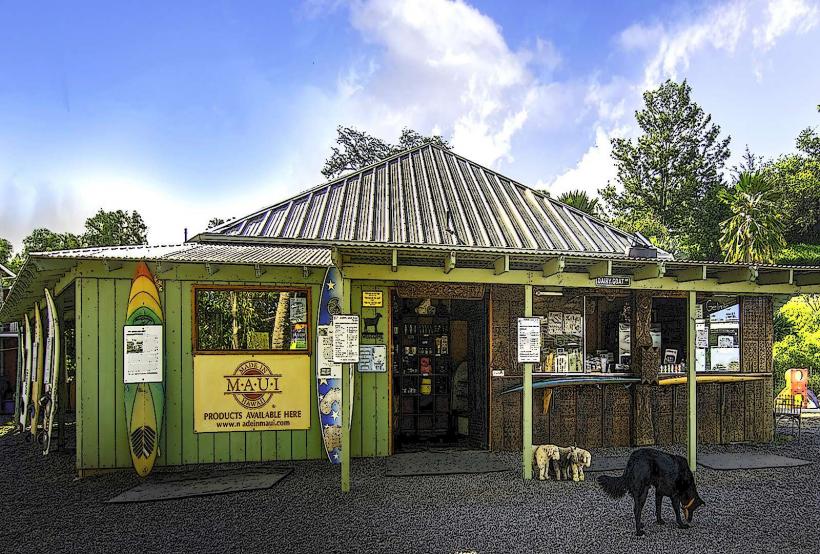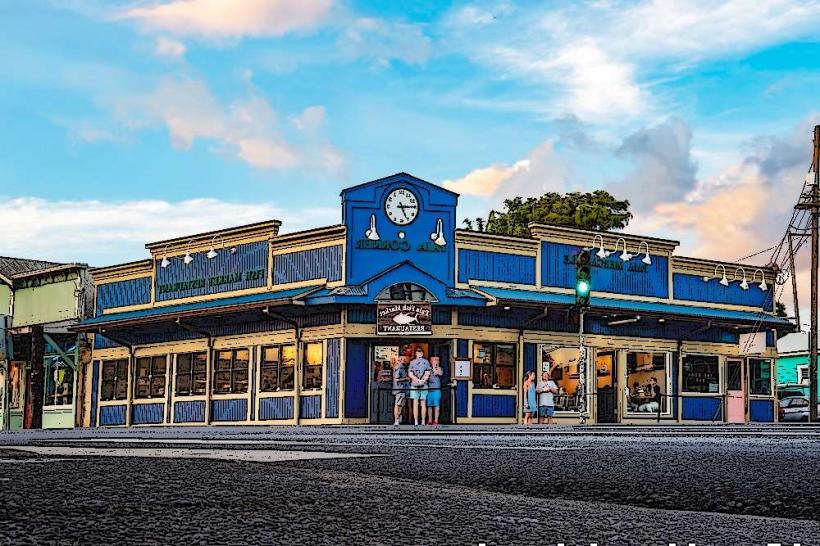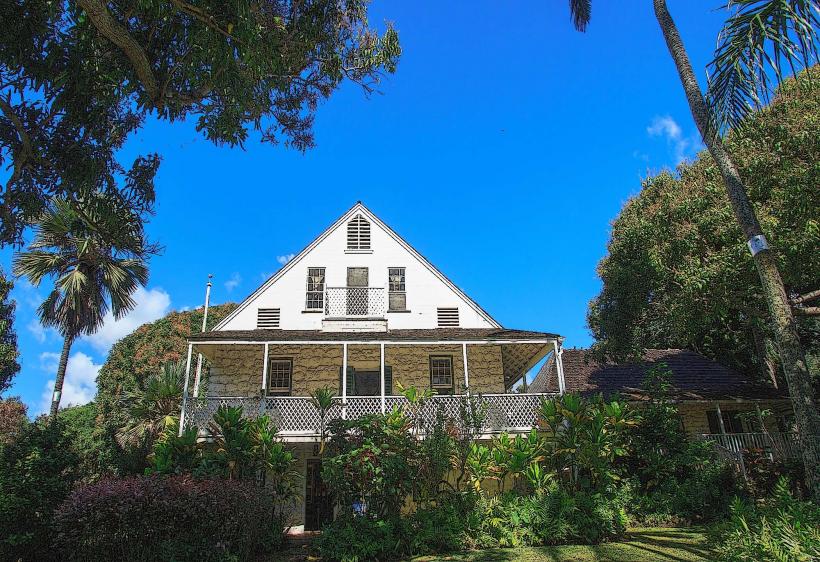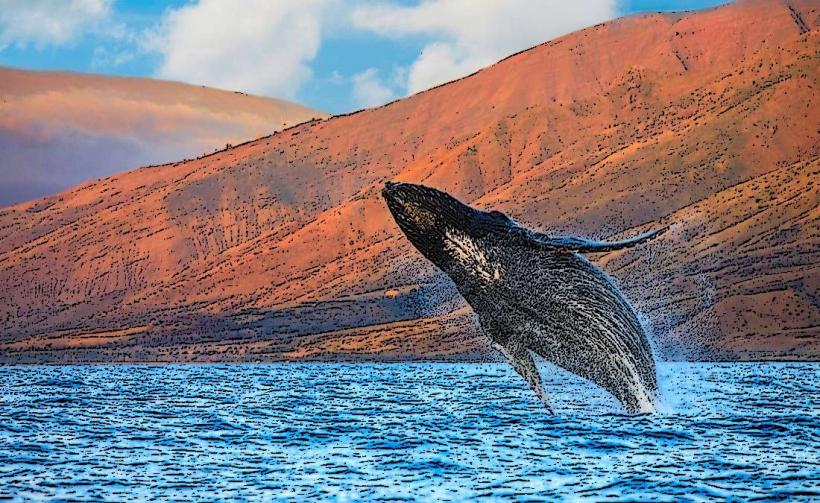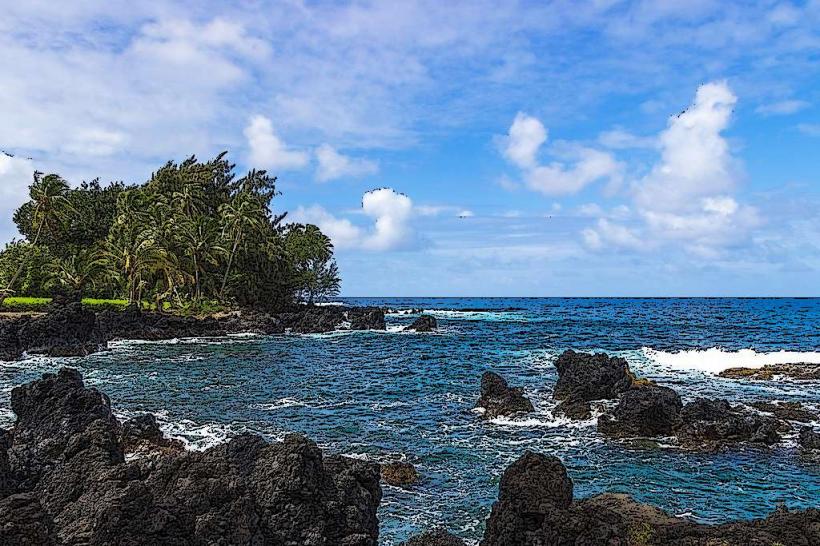Information
City: MauiCountry: USA Hawaii
Continent: North America
Maui, USA Hawaii, North America
Maui functions as the primary economic and agricultural engine of Maui County and serves as a critical center for trans-Pacific tourism and marine research. The island is the second-largest in the Hawaiian archipelago, located approximately 130 kilometers southeast of Oʻahu.
Historical Timeline
Maui was settled by Polynesians approximately 1,500 years ago, followed by the establishment of the Hawaiian Kingdom. Lahaina served as the kingdom's capital from 1820 to 1845 before the seat of government moved to Honolulu. The primary era of governance shifted from monarchical rule to U.S. territorial control following the 1893 overthrow of Queen Liliʻuokalani and subsequent annexation in 1898. The most significant architectural and political event in recent history was the August 8, 2023, wildfires, which destroyed the historic center of Lahaina. This catastrophe remains the primary driver of current urban reconstruction and land-use policy.
Demographics & Population
The total population of Maui County is approximately 165,000, with the vast majority residing on Maui island. The top three demographics are White (29%), Asian (27%), and Two or More Races (23%), with Native Hawaiians and Pacific Islanders constituting roughly 9%. The median age is 42.9 years.
Urban Layout & Key Districts
Maui is organized into five distinct regions defined by topography. Central Maui (Kahului and Wailuku) is the commercial and administrative hub. West Maui (Kāʻanapali and Kapalua) is the primary resort district, located northwest of the center. South Maui (Kīhei and Wailea) offers high-density tourism and beaches to the south. Upcountry (Makawao and Kula) occupies the high-altitude slopes of Haleakalā, while East Maui (Hāna) remains an isolated rainforest preserve.
Top City Landmarks
Haleakalā National Park (Volcanic summit and crater)
ʻĪao Valley State Monument (Historic battle site and natural needle)
Old Lahaina Courthouse (Post-fire ruins/reconstruction site)
Bailey House Museum (Hale Hōʻikeʻike)
Alexander & Baldwin Sugar Museum
Transportation Network
Movement within Maui is primarily via private vehicle or TheBus, the island's public transit system. There are no metro or tram lines. Ride-sharing apps Uber and Lyft operate widely, though availability is limited in rural areas like Hāna. Official taxis are typically dispatched from the airport (OGG) or major resorts; they do not have a specific uniform color but are marked by company logos. Traffic density is high on the Honoapiʻilani Highway, especially during afternoon commutes between the West side and Central Maui.
Safety & "Red Zones"
Maui is generally considered safe. However, travelers must strictly avoid entering restricted "Red Zones" in Lahaina where debris removal and reconstruction are ongoing. Property crime, specifically vehicle break-ins, is common at isolated trailhead parking lots. Avoid the "Back Road to Hāna" (Piʻilani Highway) after dark due to unpaved sections and lack of cellular service.
Digital & Financial Infrastructure
Internet speeds average 200–400 Mbps in urban corridors. Main mobile carriers are Verizon, AT&T, and T-Mobile. Card acceptance is nearly universal; cash is only required for small roadside fruit stands or some rural vendors. ATMs are widely available in supermarkets, shopping centers, and bank branches in Kahului and Kīhei.
Climate & Air Quality
Temperatures range from 18°C–26°C in winter and 23°C–31°C in summer. Air quality is generally excellent due to trade winds, though "Vog" (volcanic smog) can drift from the Big Island during southerly winds. Flash flooding is a significant risk in East Maui and Central valleys during the winter rainy season (November–March).
Culture & Social Norms
The standard tipping rate is 18–20% for service. Greetings are informal, often a nod or a handshake. Dress code is "island casual"; shirts and footwear are required in all indoor establishments. Smoking is strictly prohibited on all public beaches, parks, and within 20 feet of any building entrance. Alcohol consumption is restricted to licensed premises or private property; open containers in public are illegal.
Accommodation Zones
Kīhei: Stay here for logistical central access to the entire island and a higher concentration of affordable condos.
Kapalua: Stay here for a quiet, upscale environment with lower pedestrian density and protected bays.
Local Cost Index
1 Espresso: $6.00 (850 HTG)
1 Standard Lunch (Plate Lunch): $18.50 (2,600 HTG)
1 Bus Ticket: $2.00 (280 HTG)
Nearby Day Trips
Molokini Crater: 5 km offshore (30-minute boat trip), a volcanic caldera for snorkeling.
Lānaʻi City: Accessible via ferry from Maʻalaea (1 hour), a former pineapple island.
Molokaʻi: 15-minute flight from OGG, known for the highest sea cliffs in the world.
Facts & Legends
According to Hawaiian mythology, the demigod Maui used a magical fishhook to pull the Hawaiian Islands up from the ocean floor. A specific local legend regarding Haleakalā ("House of the Sun") tells of Maui lassoing the sun from the summit to slow its passage across the sky, allowing his mother, Hina, enough daylight to dry her kapa cloth. It is locally considered bad luck (and illegal) to remove volcanic rocks or sand from the island.

